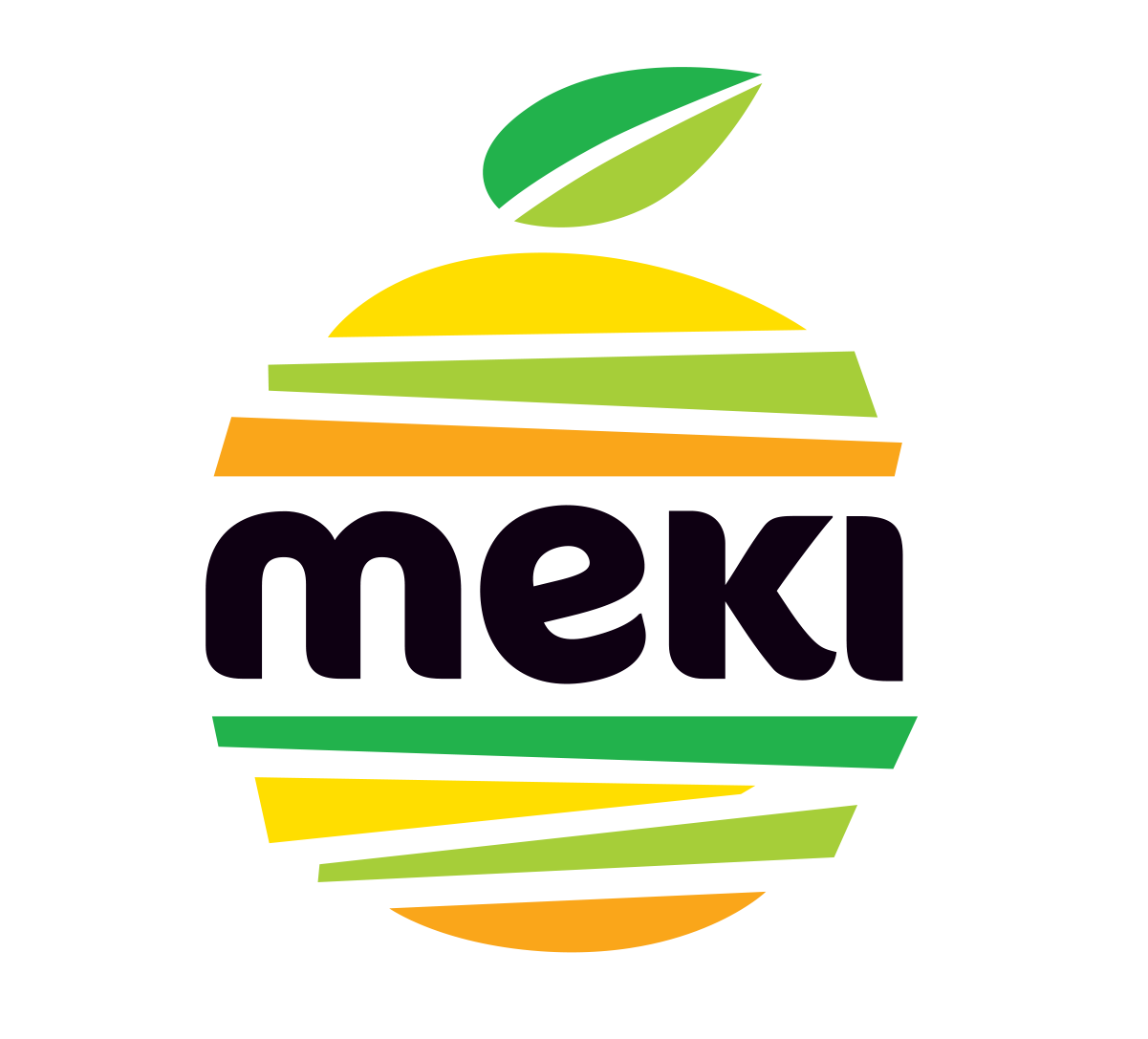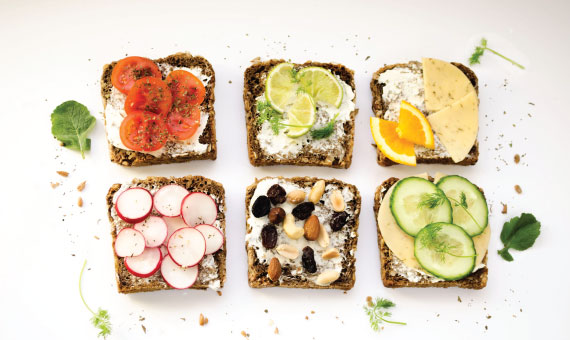No products in the cart.
Healthy
7 simple tips to make your diet healthier
These 7 practical tips cover the basics of healthy eating and help you make healthier food choices in the future.
The secret to a healthy diet is to eat the right amount of calories according to your daily activity. If you eat or drink more calories during the day than your body needs, you gain weight because the body stores the unused calories as fat. But if less, the weight will fall.
It should also be noted that the diet is as balanced and varied as possible, so that the body receives all the necessary nutrients. The daily caloric intake for men is around 2500 kcal, for women it is 2000 kcal.
1. Eat high-fiber carbohydrates first, preferring whole grain versions.
They should make up a third of your diet and could be potatoes with skin, buckwheat, brown rice, whole grain pasta or low-sugar muesli. Whole grains contain more fiber, which keeps your stomach full longer. Be sure to pay attention when preparing food and use as little oil, cream or butter as possible. These are all very high calorie foods.
2. Eat lots of fruits and vegetables!
It is recommended to eat a minimum of 5 portions or about 400g of fruits and vegetables per day. Both fresh, frozen and canned fruits are suitable. Add a banana to your breakfast porridge or mix peas and carrot pieces with rice. There are many options!
3. Don't be afraid to eat fish!
Fish meat is high in protein and contains many different vitamins and minerals. Fish should be eaten at least two times a week, one of which could contain fatty fish due to its omega-3 content. Fatty fish are salmon, trout, herring or sardines. It is recommended to eat fresh fish, because canned or smoked fish has a high salt content.
4. Eat less saturated fat and sugar
There are two types of fats. Saturated and unsaturated. Eating too much saturated fat raises blood cholesterol levels, which increases the risk of heart disease. Saturated fats are found in lard, sausages, butter, cheese, cream, cakes, biscuits, cakes. Unsaturated fats are, for example, in olive oil. Since fats provide a lot of energy, i.e. calories, it is worth consuming them in small quantities.
Regular consumption of foods and drinks high in sugar increases the risk of obesity and tooth decay. Since there are different types of sugars, it is particularly worthwhile to keep in mind the sugars added to food and, if possible, reduce their consumption. Added sugars can be found in sweet soft drinks, breakfast cereals, cakes, cookies, pastries, chocolate and alcoholic beverages such as cider. If the food contains 22.5g or more sugar per 100g of food, it is a food with a very high sugar content, on the other hand, a sugar content of 5g or less per 100g of food indicates that it is a food with little sugar.
5. Reduce salt intake: adults should not consume more than 6g per day
Eating too much salt can raise blood pressure. People with high blood pressure are more likely to develop heart disease or stroke. Even if you do not add salt to the food yourself, it may happen that the purchased food already contains too much. 1.5g of salt per 100g of food means that the salt content of the food is high.
6. Do something active for at least 30 minutes every day
In addition to a healthy diet, it is equally important to exercise regularly! Man is created to move. Exercise makes you feel better, helps you lose weight, is the best medicine against diseases, reduces anxiety and brings good sleep!
7. Consume a lot of water!
Drink plenty of water to prevent dehydration. It is recommended to drink 6-8 glasses a day. Avoid the consumption of sugary soft drinks, juice concentrates and alcohol and the possibility of replacing it with water.


